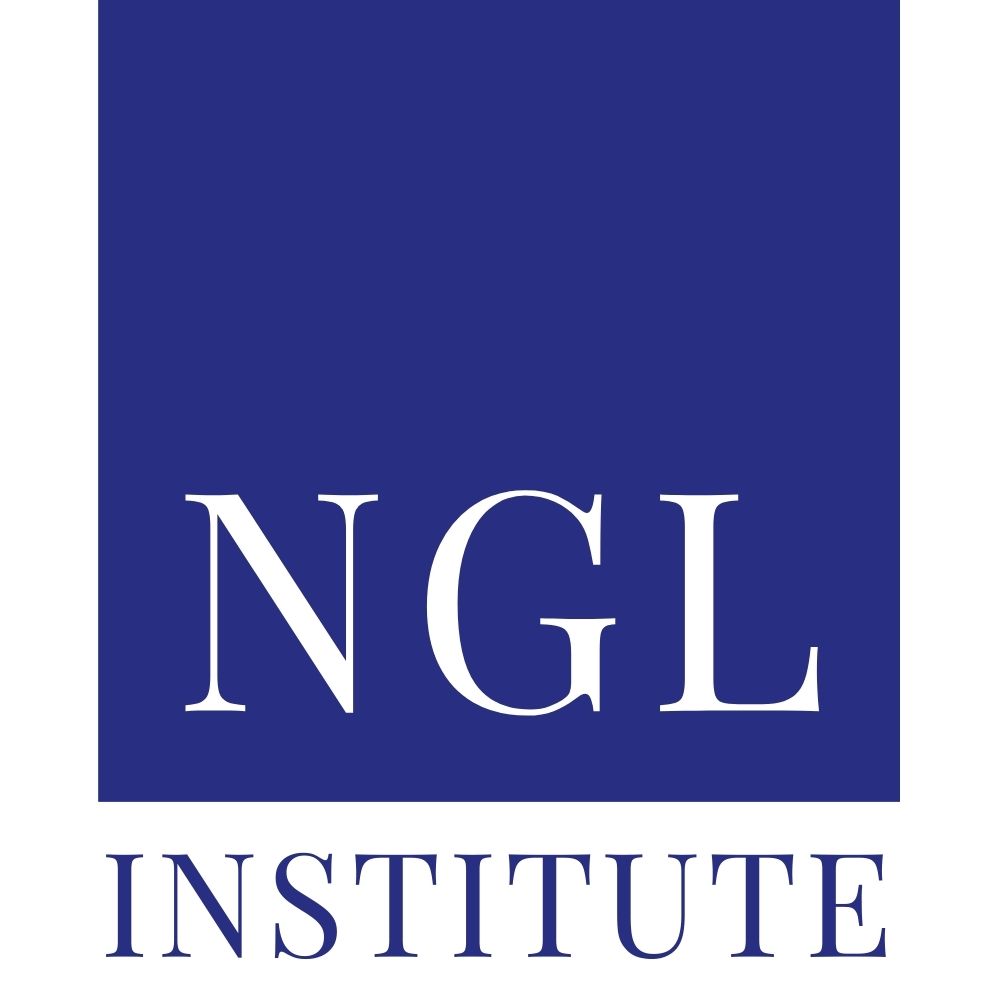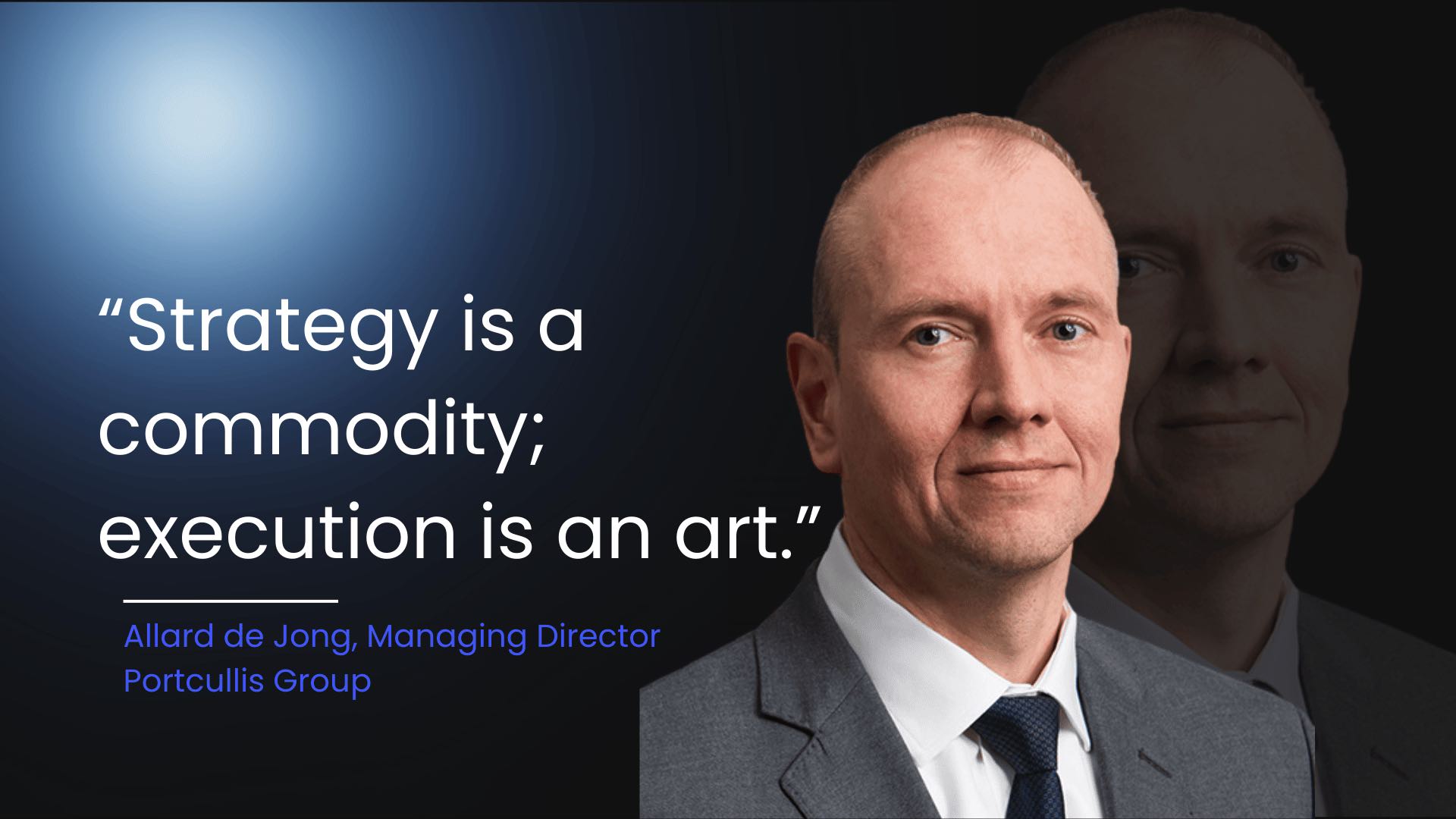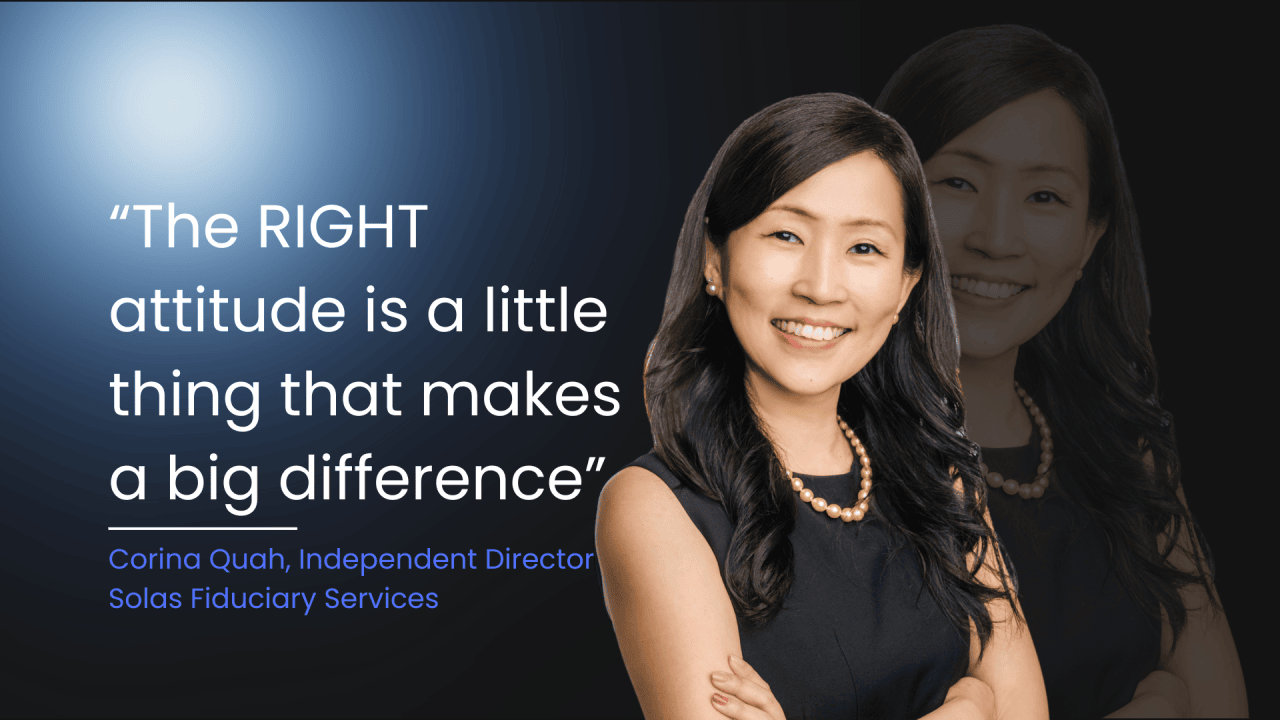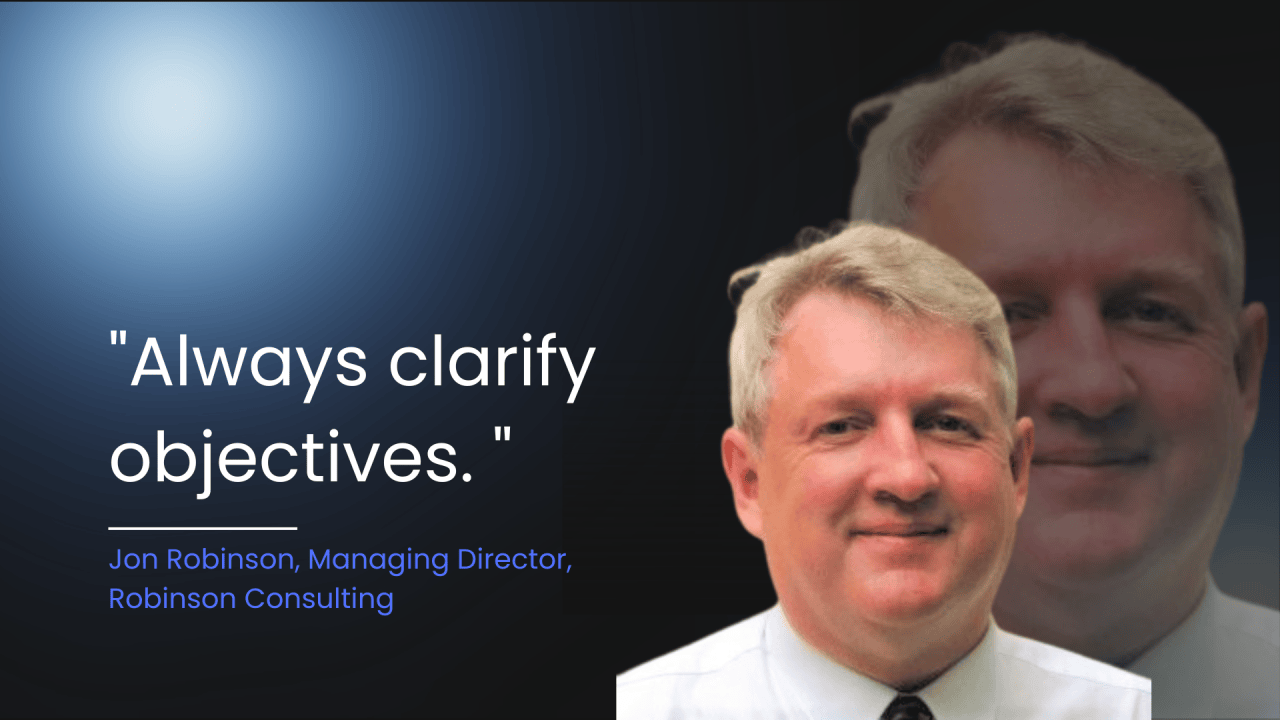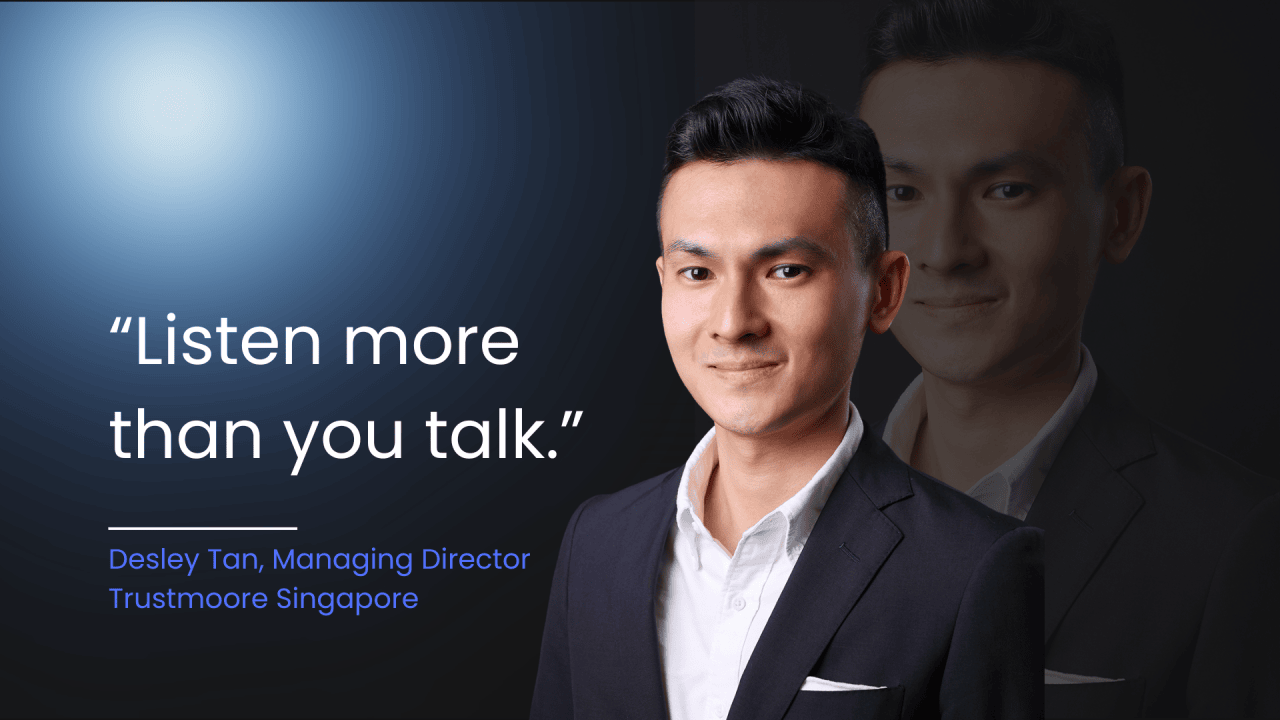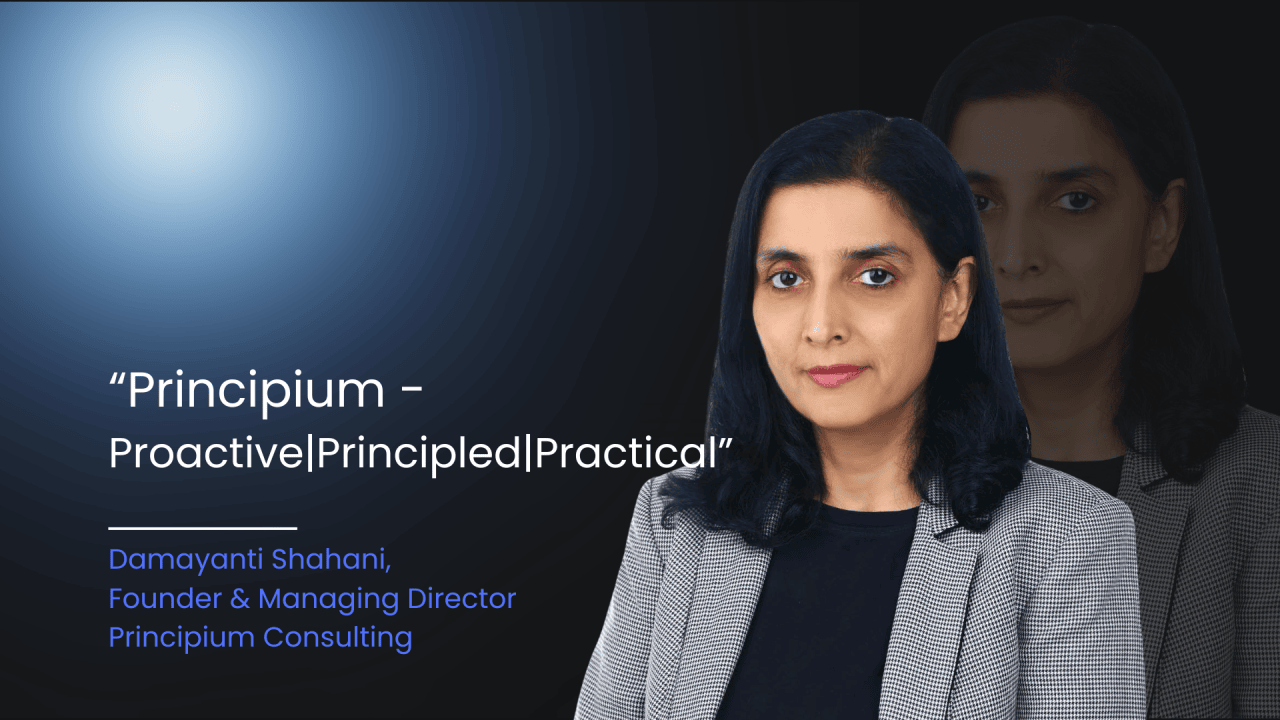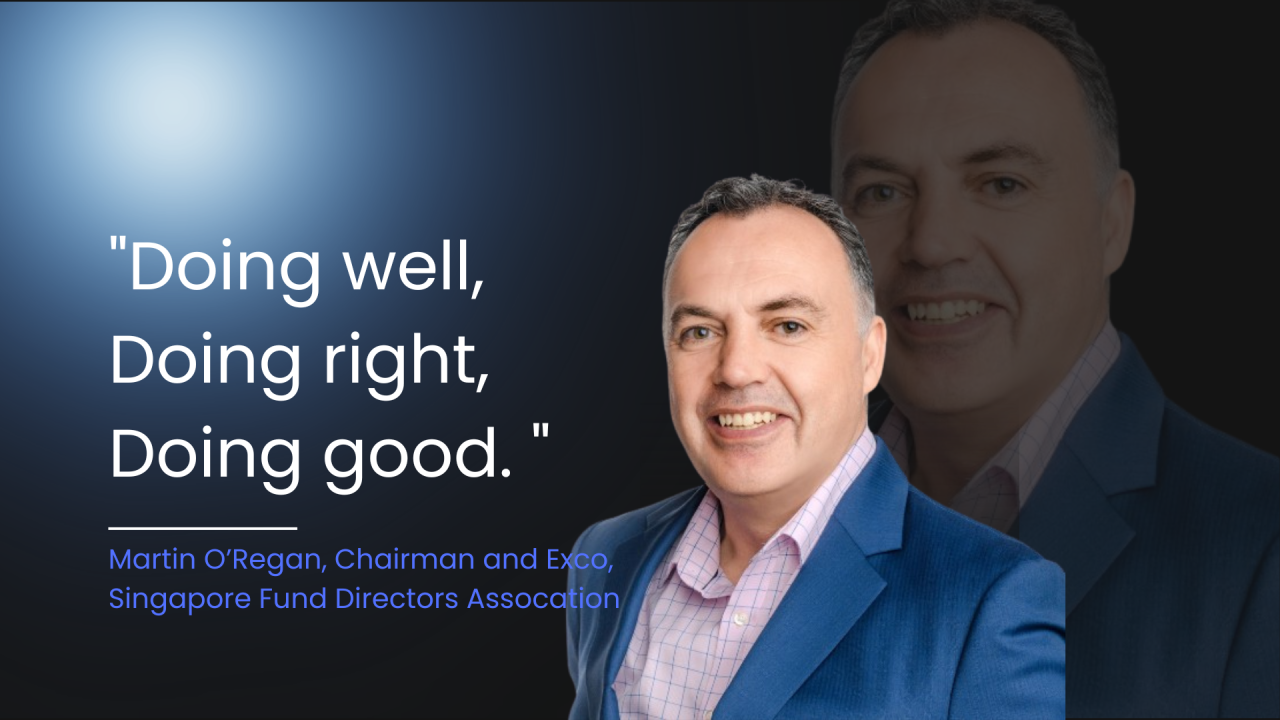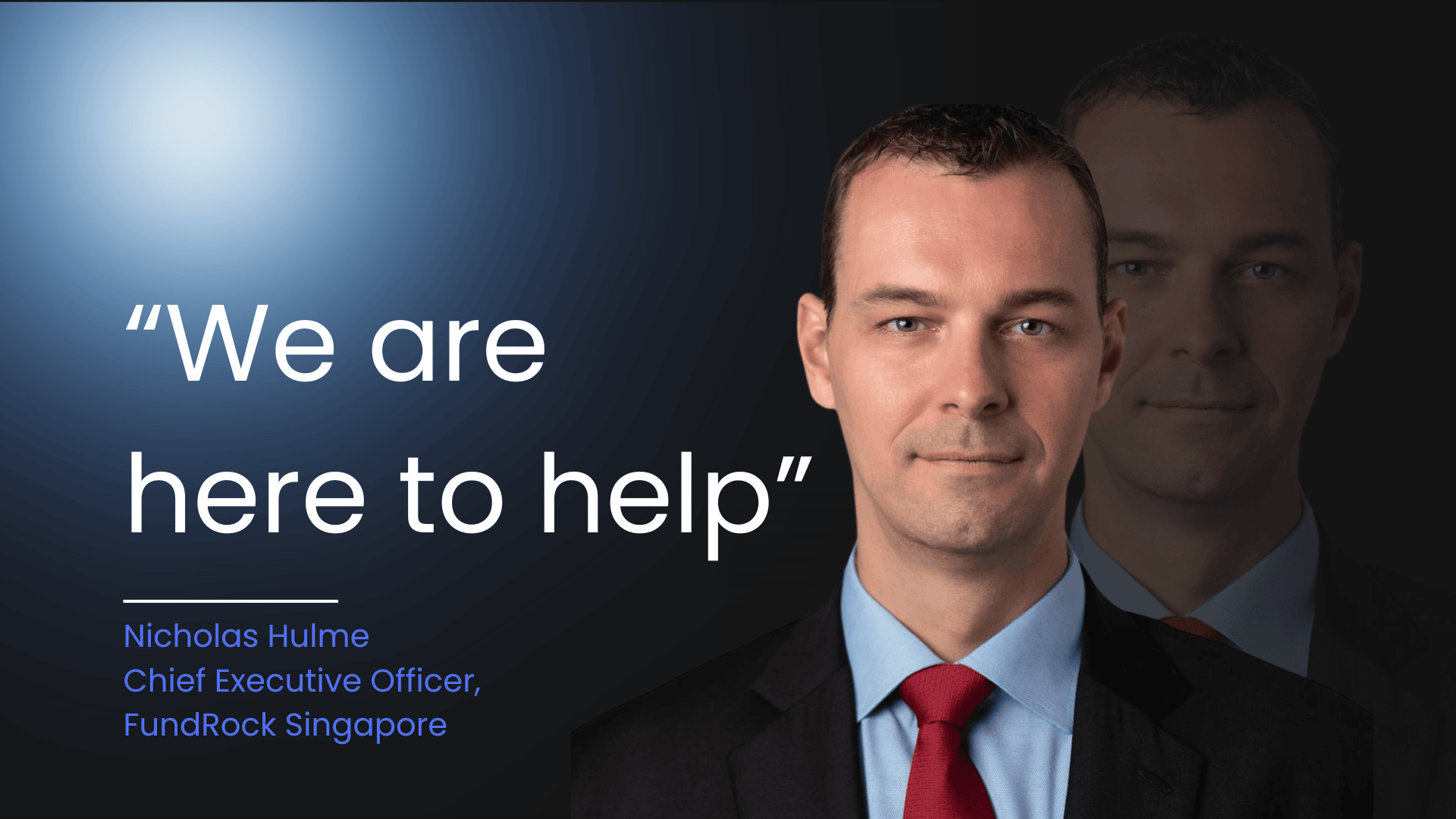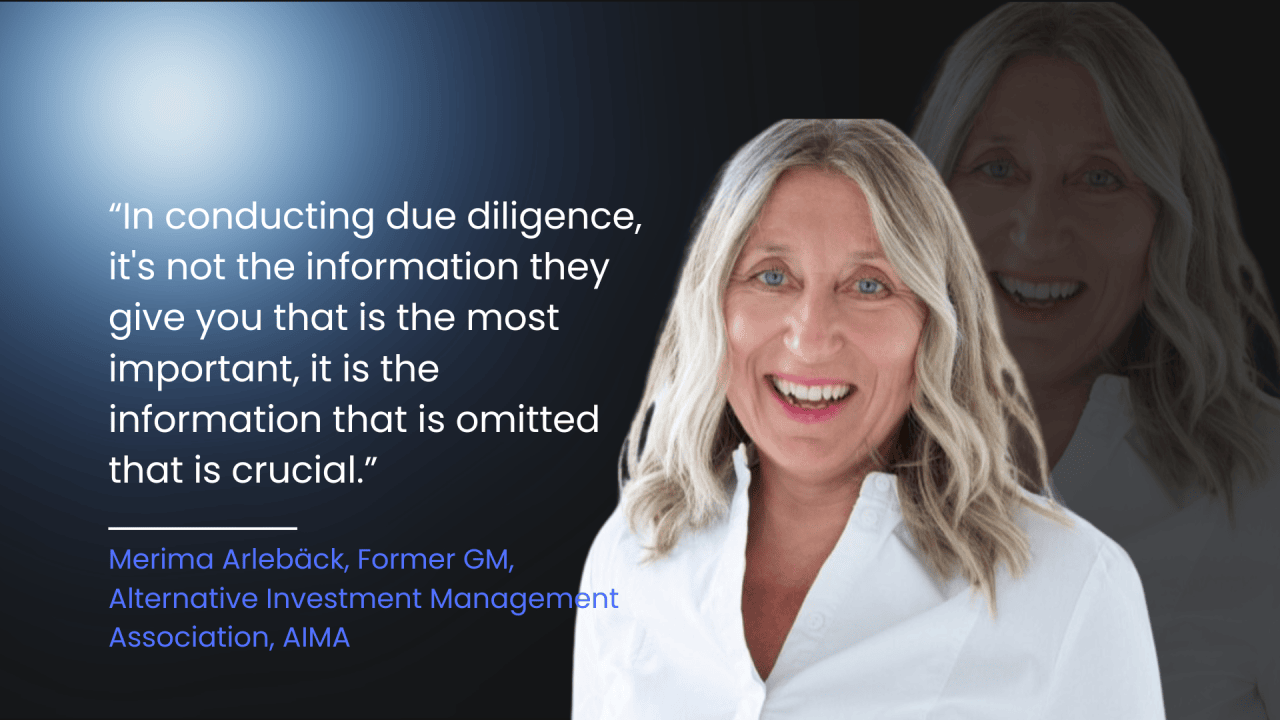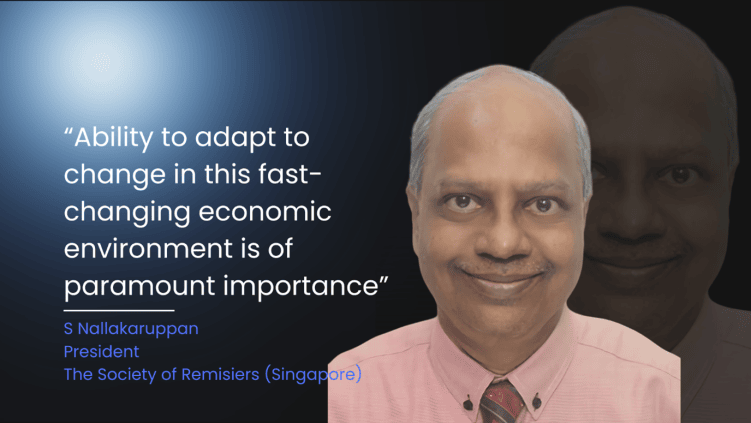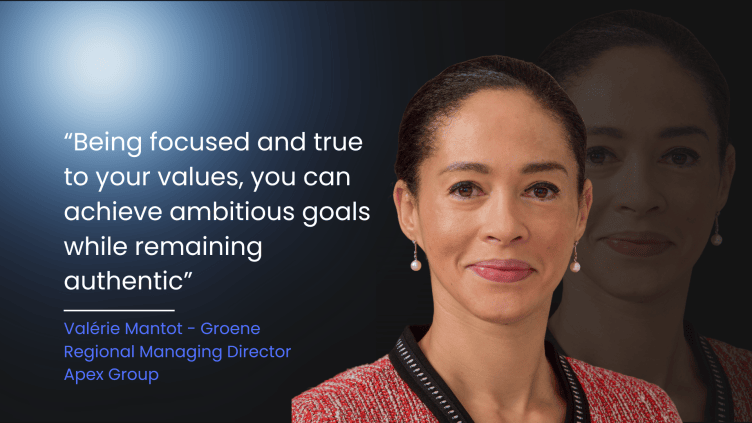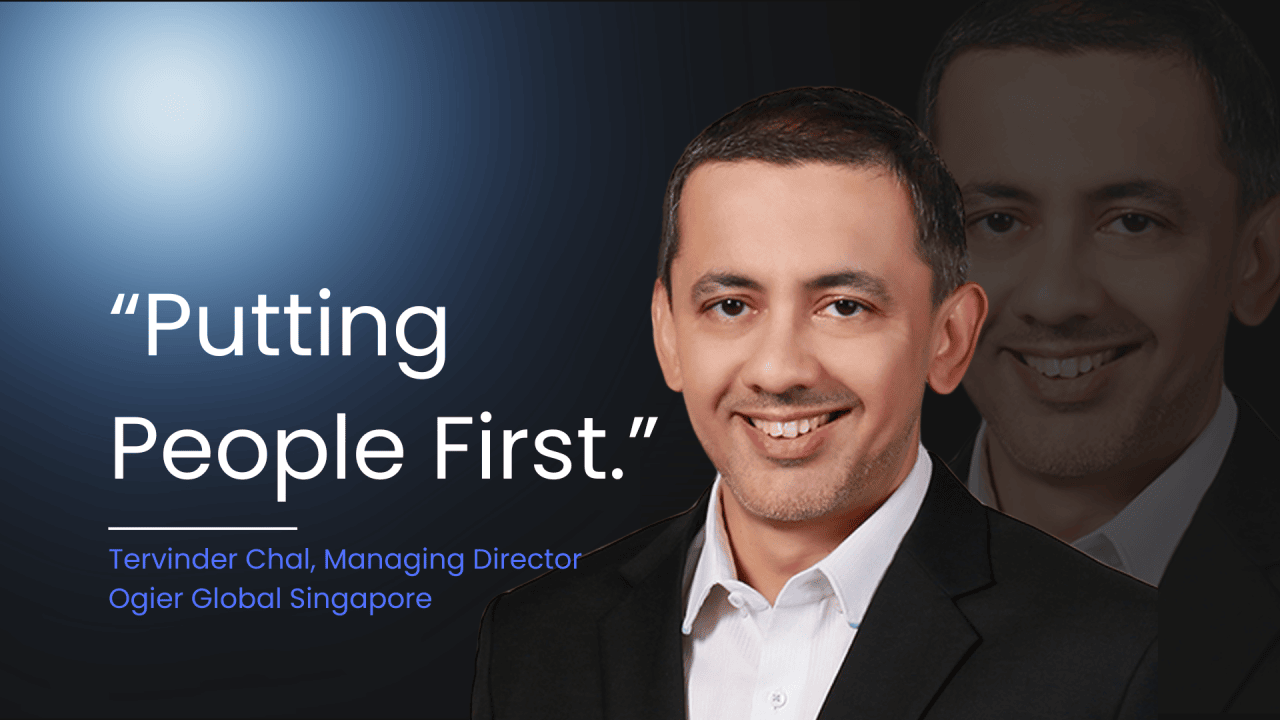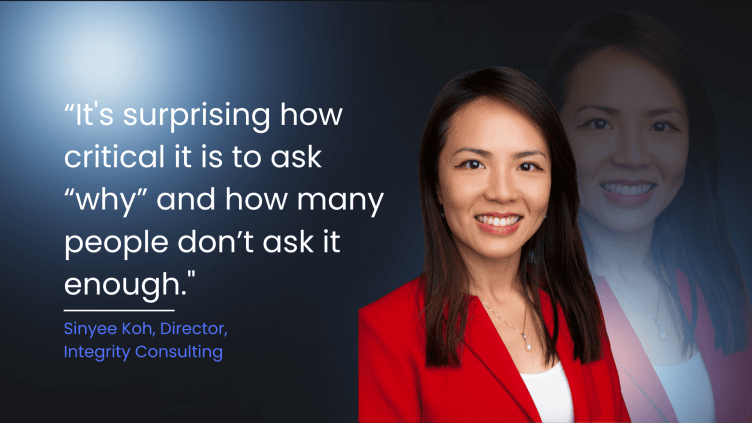Allard de Jong is a director of the Portcullis Group with responsibility for Fund Services and Fund Administration.
Allard has over 25 years of fund administration experience, having worked for Citco Fund Services in the Dutch Caribbean and the Netherlands, for Bank of Bermuda and for HSBC, where he was the head of HSBC’s Alternative Fund Services in Singapore.
Allard was director of Operational Due Diligence for KBC Alpha, an Asian focused Fund of Hedge Fund, which subsequently became part of PAAMCO. Allard was chairman of the Singapore Fund Administration Association from 2009 until 2014 and is currently non-executive director for several Impact investment funds and vehicles.
At Portcullis, we understand the importance of continuity and legacy planning. We are a true family office platform, with generational involvement in the business. We fully understand the needs and difficulties that families face and it is our vision to work with other families to create enduring legacies.
Portcullis is a family-owned independent Trust and Fund Administration Company. We have offices located in Singapore, Hong Kong, Taiwan, Labuan, Kuala Lumpur, the BVI, Samoa and the Cook Islands. We also maintain licenses in the Cayman Islands and Seychelles.
Portcullis commenced business in 1984 as a small part of a law practice in Singapore. In the 35 years since its inception, Portcullis has evolved into one of the largest Asian independent trust, fund and family office service providers.
Mike Sim (MS): Can you share some key milestones in your over 25 years of experience in fund administration?
Allard de Jong (AdJ): I started in fund administration with CITCO in Curaçao (Dutch Caribbean) in 1998 as a fund accountant. In 2000 I moved to Citco’s Amsterdam office and was Senior Account Manager for a diverse group of clients. Becoming a manager was a key change, where the focus is no longer on what you can achieve yourself but instead on how you can make a team of people perform better.
I moved to Singapore in 2003 and joined Bermuda Trust Singapore (part of Bank of Bermuda), which was acquired by HSBC in 2004. I became the overall head of HSBC’s Alternative Fund Services in Singapore as well as being the head of operations. At that time, the team consisted of 9 people. Over a period of about 3 years, we managed to grow the assets under administration more than threefold, from USD 4 billion to USD 14 billion and increased the team to 40 employees.
This was an enjoyable and challenging time where we supported various fund managers in Singapore, some starting with $10 million AUM or less, which grew to several hundreds of millions of AUM. At the same time with all the new business coming in and the rapid growth of the team, it also meant high workload and a lot of effort in recruiting and training team members. Helping colleagues develop and grow in their careers is something that has always been very motivating and inspiring to me. At the same time, I had great support from people like Paul Smith and Lilian Wong at Bank of Bermuda / HSBC.
From HSBC I moved to an operational due diligence role for an Asian focused fund of hedge fund. Doing operational due diligence gave me broader scope, beyond just fund administration to other matters such as tax and legal structures, operational processes in back and middle office, valuation, risk management, counterparty risk, cash controls, fiduciary roles of directors and other non-investment related aspects. It also put me in direct contact with some of the largest global institutional investors and their requirements.
In 2009 I joined Portcullis to head the fund administration side and in 2010 we set up a fund administration team in Hong Kong. In 2011 we obtained a custody licence in Singapore to provide fund of fund custody services.
Over time, we have expanded our team and scope of services, including fund administration for private equity and venture capital funds, and acting as trustee for retail unit trusts.
In 2015 I joined the board of an impact investment fund and since have then joined a few more boards of impact and family office funds, which has been very interesting.

Allard and his Team
Mike Sim (MS): As a director responsible for fund services and administration, what governance principles do you prioritize for the Portcullis Group?
Allard de Jong (AdJ): Governance principles for being a fund administrator and / or trustee for unit trusts are essential to me for ensuring the integrity, transparency, and efficiency within the fund industry. These principles serve as a framework for establishing responsible management practices, protecting investor interests, and maintaining regulatory compliance. Key governance principles we prioritize are:
Client Service and Communication: client experience and service are key to me. There are four key principles of good customer service: It has to be personalized, competent, convenient, and proactive. Staff need to understand what our customers are concerned about and how to anticipate and meet their requirements.
Professional Competence:we place great emphasis on developing staff’s expertise and experience for them to perform their duties competently. We give staff a broad exposure to fund accounting and transfer agency processes, so they learn the whole fund administration workflow and get an opportunity for continuous development and hopefully a greater satisfaction in their role.
Compliance and Regulatory Adherence: as fund administrator we must adhere to all relevant laws and industry best standards and help our clients meet their regulatory requirements. This includes assisting in compliance with anti-money laundering (AML) and know your customer (KYC) requirements, as well as regulatory reporting obligations.
Independence and Objectivity: we maintain independence and avoid conflicts of interest, ensure adherence to fund documentation and prioritize the interests of investors and act objectively in our duties.
Ethical Conduct: Upholding high ethical standards and fiduciary responsibility is fundamental to maintaining the integrity of trustees and fund administrators. I strongly believe in leading by example, as the “tone from the top” is imperative to make everyone understand the importance.

Portcullis Fund Services Timeline
Mike Sim (MS): What are the biggest challenges currently facing the trust and fund administration industry in Asia?
Allard de Jong (AdJ): Firstly, as fund administrators and trustees, we are service providers to the fund management and wealth management industry. Therefore, our success will depend on the ability of our clients to do well, to set up new funds and to grow these. Without our clients, we do not have a business.
Industry wide in 2023, Hedge fund launches fell in the Asia Pacific region by 8% and many smaller fund managers find it hard to attract capital, which translates into challenges for all service providers in the industry.

Other challenges I see in the fund administration industry are:
– talent acquisition and retention. Finding and / or developing skilled professionals with expertise in trust and fund administration is essential for the industry’s growth and sustainability and therefore we invest a lot of time and effort in talent development, training, and talent retention.
– competition and fee pressure. This is a logical effect of the large numbers of new fund administrators that have set up over the last years in Singapore. While the need to have a Singapore based fund administrator in order to get certain tax exemptions is a boon to the industry, not requiring this to have any real substance has in my view reduced the benefit to the Singapore economy as well as leads to a risk that certain fiduciary standards are not maintained.
One other challenge, which at the same time creates a great opportunity, is the changing expectations of our clients. Clients are asking for broader and more in-depth support, whether it is in relation to their fund or their fund management company, compliance or regulatory reporting. Being able to customize our service offering and provide not only fund administration, but also corporate secretarial, trust, custody and business support services has helped us to meet our clients’ needs and support them on a broader basis.
Mike Sim (MS): What advice would you give to someone looking to start their journey in setting up funds, considering the complexities of the industry?
Allard de Jong (AdJ): Work with the right partners. Take your time to set up the fund, its documentation and processes correctly from the outset. If something is not clear, don’t hesitate to ask.
With the onboarding of new clients, I spend considerable time to meet clients and understand what they want to do and go through the processes and documentation to give operational feedback, which often goes beyond fund administration. It’s not just about what is legally possible in fund documentation but what makes practical sense.

Understand that running a fund management company (“FMC”) involves many aspects and make sure you have a team, whether within your company or through the engagement of external service providers, which can address all these requirements.
Mike Sim (MS): How can prospective fund managers best prepare for discussions with potential LPs and GPs?
Allard de Jong (AdJ): Research and Know your Audience.
- Thoroughly research the investor, their previous investments and focus areas to align your fund’s strengths with their portfolio needs.
- During the meeting, take the time to ask questions and listen to investor before launching into your pitch.
- Be prepared to answer a range of questions about the fund’s historical performance, investment strategy, risk management, and any other relevant topics. Be able to clearly articulate your fund strategy’s competitive edge and differentiating features versus peers.
- Anticipate questions regarding the current market conditions and how they may impact the fund performance outlook.
- Share success stories or case studies that showcase how the fund has performed well in different market conditions or how it has effectively managed risk.
Mike Sim (MS): Are there specific advantages or considerations between choosing VCC or Cayman structures for funds?
Allard de Jong (AdJ): When I was chairman of the SFAA, we wrote to MAS in 2012 to suggest that Singapore would introduce legislation for the creation of its own fund structure. At the time, practically all hedge fund managers based in Singapore would launch funds off-shore, mostly domiciled in the Cayman Island and sometimes Mauritius, BVI or Bermuda. I am glad that Singapore now has the VCC structure. Both the VCC structure and Cayman fund structures continue to be popular options for structuring investment vehicles, each with its own unique features and advantages.
The VCC structure in Singapore was introduced much more recently than Cayman fund structures and therefore does not (yet) have the familiarity that Cayman structures have especially outside Asia. The Cayman Islands have long been a favoured jurisdiction for fund formation due to its tax-neutral status, regulatory flexibility, and well-established legal framework. Cayman funds are widely recognized and accepted by institutional investors and asset managers globally, offering access to international capital markets.
Singapore has a strong and trusted reputation as a financial market and the great number of VCC funds illustrates the trust people have in the jurisdiction. Singapore offers an attractive tax regime for funds, providing tax exemption on specified income from designated investments, with the ability to use Singapore’s DTA’s with various countries.
The VCC structure requires there to be a Singapore based fund manager, while the Cayman Islands do not require the fund management company to be in the Cayman Islands, providing more flexibility on the manager’s jurisdiction.
The Cayman Islands have over the last years implemented various regulations which have increased the level of governance and oversight over fund structures. While this is generally a good development, it has introduced specific requirements which a Singapore based fund manager needs to navigate in addition to its own regulations as a Singapore fund management company. Using the VCC structure provides a more aligned regulatory framework across the fund manager and the fund.
Ultimately, the choice between a Singapore VCC and a Cayman fund depends on various factors such as investor preferences, target markets, regulatory considerations, and tax implications. Both structures offer advantages and may be suitable for different types of investment strategies and objectives.
Mike Sim (MS): How do you see the regulatory landscape evolving in the coming years, and how will it impact Portcullis Group’s services?
Allard de Jong (AdJ): I think that in the medium term, there is a strong possibility that fund administration will become regulated in Singapore. At Portcullis we would embrace that development. We are already regulated as an Approved Trustee, as well as a CMS licence holder for custody services. I think regulation will raise the bar and ensure high standards within the industry which will protect investors and the reputation of the industry and jurisdiction.
Mike Sim (MS): What steps is Portcullis Group taking to address the increasing demand for ESG-focused investment solutions?
Allard de Jong (AdJ): We have been providing fund administration services to impact funds since 2015 and this is an area I personally have a great interest in. I find it very rewarding that not only financial but also ESG goals are being pursued. From our experience, many of these funds generally have demanding types of investors, such as DFI’s, and as administrator we therefore tailor our services to meet the various reporting and other requirements of these investors.
Mike Sim (MS): What are the key criteria that clients should consider when selecting a trust and fund administration provider, and how does Portcullis differentiate itself in the market?
Allard de Jong (AdJ): Clients should ensure they choose a partner that best meets their needs and objectives. Key criteria depend on the type of fund and investment strategy, investors and the set-up of the fund management company, so the fund administrator can provide assistance in all those areas where help is needed. These criteria include:
Expertise and Experience: Evaluate the provider’s expertise and experience in trust and fund administration, particularly in the specific asset classes, jurisdictions, and regulatory environments relevant to the client’s needs.
Service Offering and Technology Platform: Consider the breadth and depth of the provider’s service offering, including fund accounting, administration, custody, compliance, and reporting capabilities. Additionally, assess the provider’s technology platform and digital capabilities to ensure it aligns with the client’s requirements for efficiency, transparency, and data security.
Client Service: Evaluate the provider’s client service model and approach to relationship management. Meet the people who will provide the service on a day-to-day basis, not just the sales and senior management staff. Look for a provider that offers personalized attention, responsiveness, and proactive communication to address client needs and concerns effectively, if that is something you expect from your service provider. If all the staff doing the day-to-day work sit offshore in a different time zone, what will be the impact on the possibility to pick up the phone and get a timely and correct answer on any question or issue?

Allard with David Chong (left) and Nigel Stead (right)
Reputation and Track Record: Clients should assess the provider’s reputation and track record in the industry. Look for a provider with a solid history of delivering reliable and high-quality services, as well as positive client testimonials and references.
Cost and Fee Structure: Evaluate the provider’s fee structure, including setup fees, and any additional charges for ancillary services. Clients should seek transparency and clarity regarding fees to ensure they understand the total cost of engaging the provider and can assess the value proposition. But also ask yourself whether the sole determining factor in the selection of the provider is fees?
Portcullis fund administration differentiates itself in the market by having a client-centric approach to service delivery. That is achieved by having a strong and extensive team on the ground in Singapore and Hong Kong, and organizing work processes so that individual staff have the responsibility for the whole process of fund administration and client contact, overseen by managers with extensive experience. Having that presence on the ground makes it possible to tailor services. We place strong emphasis on personalized attention, responsiveness, and proactive communication.
Beyond our fund administration services, the Portcullis Group provides corporate secretarial, payroll, book-keeping and tax reporting services to support our clients’ various needs. So clients benefit from a one-stop solution provider that can support their end-to-end needs.
Mike Sim (MS): Could you share examples of successful client partnerships or case studies where Portcullis’s services have made a significant impact?
Allard de Jong (AdJ): We have been providing fund administration services to the Insitor Impact Asia Fund managed by Insitor Partners in Singapore since its inception in 2015. We further provide corporate secretarial services to the fund and support the fund management company in areas such as bookkeeping and compliance and MAS reporting. We have been appointed to administer their second fund in 2021 and even managed to make an investor introduction.
Mike Sim (MS): How do you envision the future of family office services, and what trends do you anticipate shaping this sector?
Allard de Jong (AdJ): It’s a cliché to mention that no two families are the same.
What is key to a particular family is quite subjective dependent on attitudes/beliefs. For eg. some families are focused on wealth preservation and risk avoidance at all costs, some families would risk a certain amount of wealth to foster entrepreneurship.
Main consideration of most families would be:-
- To create a framework for a robust and enduring legacy;
- To determine clearly what the objectives of family wealth may be;
- Identify/cultivate stewards to manage wealth/business past the lifetime of the patriarch and into the future; and
- Identify/minimise risks/leakages that may occur due to creditor risks, relationship issues, tax, migration/mobility at each stage of planning
Portcullis would have conversations with representatives of families to identify at what point in the wealth spectrum families may be. We may, though we are not legal or tax advisors, through our experience dealing with other families, offer suggestions on matters that they may wish to consider or important issues that they may have missed at any point of their wealth journey. We assist with wealth accumulation via our investment office, or wealth preservation or transfer leveraging on our network and suite of wealth planning tools such as Wills, Trusts, Insurance, Funds, Companies, Foundations, and other structures to address these concerns. We may assist with documenting the family’s approach to each of these aspects in creation of a family governance framework.
Mike Sim (MS): What advice would you give to aspiring professionals entering the field of fund administration?
Allard de Jong (AdJ): Firstly, understand what fund administration is and isn’t. I have interviewed various candidates who told me they want to move into fund administration to do investing and financial analysis. That is not what we do.
If one is really interested to enter into this field in the early stages of one’s career, I would say choose a firm where you can learn as much as possible. That can be by getting exposure to the entire chain of fund administration services and by getting exposure to different types of fund strategies (hedge funds, PE/VC funds, mutual funds) and structures and where you see a good fit for yourself culturally.
Mike Sim (MS): Can you discuss Portcullis’s approach to talent development and retention in the highly competitive financial services industry?
Allard de Jong (AdJ): Talent development and retention are critical priorities for us, especially as we want to provide our clients with a tailored and personal touch service which depends on the quality of our staff and to avoid clients having to interact with changing contacts on an on-going basis.
To effectively attract, develop, and retain talent, some of the things we do are:
Investment in Learning and Development: We prioritize continuous learning and development opportunities for our employees. We have set out detailed training programs for all levels of our fund administrators and provide a combination of in-house and external formal training courses, as well as do a lot of on the job training and try to foster a culture of learning within the organization.
Career Progression Pathways: We provide clear career progression pathways, where we identify the competency requirements for each function and link this with training courses, on the job experience and mentorship to master these competences. This offers our staff structured career paths, where they see what they can do to progress within the company and their careers. We set clear expectations and provide regular feedback which helps employees understand where they currently are and how to progress in their careers.
As a firm we want to offer a good Work-Life Balance. We have implemented initiatives to support our employees’ well-being, including flexible work arrangements, remote work options and paid time off policies to enable employees to manage their personal and professional commitments effectively.
Mike Sim (MS): Lastly, Allard, could you provide a sound bite?
Allard de Jong (AdJ): “Strategy is a commodity; execution is an art.” this is a quote from Peter Drucker, which to me emphasizes that having a good strategy is important, but it’s the execution – the actual implementation of that strategy on a day-to-day basis by the entire team of staff – where true success lies.

Mike Sim with Allard
Thank you, Allard for taking time to share your insights on Portcullis trust and administration industry.
Recent Posts
